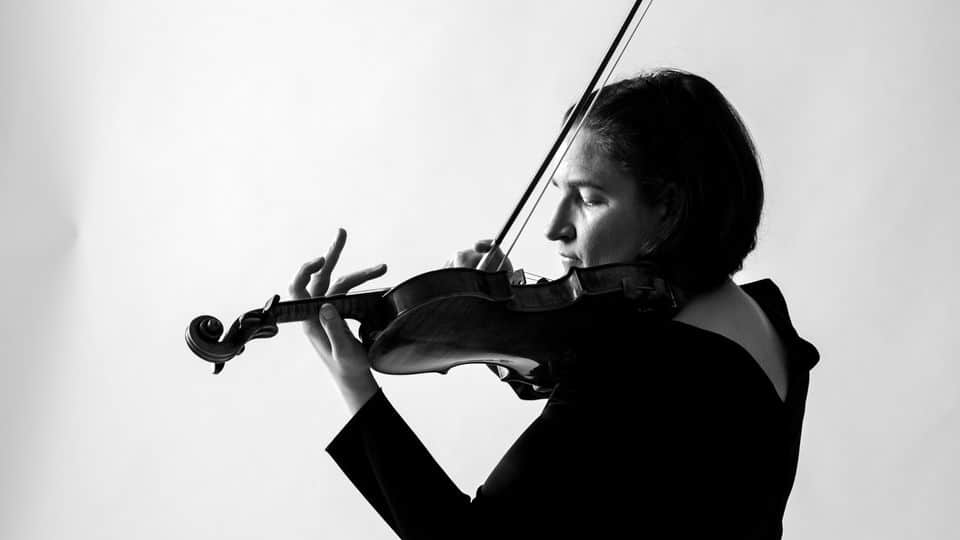Are Strads really better than new violins? First report from the Paris Experiment
mainProfessor Claudia Fritz blew up a storm four years ago by blind-testing pedigree and modern violins in Indianapolis. In September 2012 she took the project in great secrecy to a second round in Paris. Now, the results are about to be published.
Here’s an exclusive sneaky peek at a documentary film on the experiment, with an accompanying Violin Channel report.






Excellent fiddlers all, but what is the point of analyzing the sound of a fine violin being engulfed by an accompanying grand piano or an orchestra? Exactly what is learned thereby? Cranking up the tightness of the sound post fit in order to cut trough the surrounding noise is a sorry practice sometimes done by unscrupulous or ignorant lutiers, leading to cracking the belly of an instrument. I have seen it happen to a few sorry colleagues.
This is silliness.
1) It takes time to learn to get the best out of a violin, and, in my experience, more for a great old instrument. Hence, the players should have a period of time to play on the fiddles before comparing them.
2) The interest of the great old instruments, with their pallet of colors, may become evident only after a period of time. I recall Pierre Fournier being great on his modern French instrument in concerti, but much more satisfying in recitals with his Strad. Hence, one should test the public’s judgement on a 1 hour + recital.
3) A fine old instrument will continue to suggest new colors after many years, while a modern one may not. This is my subjective experience, but one confirmed by many colleagues.
4) An instrument which sounds fine in a hotel room or a small hall may not generate the same impression in a large hall. The results of this “test” may not translate at all to many of today’s larger concert halls.
Hey fiddlers all,
Why not attempt to email your ideas and concerns to Prof. Fritz… it could be that she’s not thought about these issues… unless she’s designing this study to fit a predetermined hypothesis that old instruments are just over-lauded and over priced!
I’ve got a mate who has a valuable Guarnieri cello and he’s told me it took six months to make friends with it… and that it is much harder to play than any other cello he’s previously owned…
Is there any doubt that she is “designing this study to fit a predetermined hypothesis that old instruments are” overpraised and overpriced? Of course she is. And in some cases she is probably correct. But the best of those old ones are still better than any of the modern ones.
These suspicions above mentioned are all very well known and appreciated. I think that’s why it’s great that an extensive documentary is being made about this. It really shows what’s going on and that the test is an incredibly accurate, honest and (a much as possible) complete undertaking. And every one of the amazing violinists who were part of the test have played a large variety of Strads, Del Gesus, etc. in their time. They, more than anyone, know the temperments of these fiddles.
The beauty of a double blind test is that pre-determined hypothesis don’t fly – if they don’t fly.
The suspicions mentioned above are all very well known and appreciated. I think that’s why it’s great that an extensive documentary is being made about this. It really shows what went on, and that the test was an incredibly accurate, honest and (a much as possible) complete undertaking. Every one of the amazing violinists who were part of the test have played a large variety of Strads, Del Gesus, etc. in their time. They, more than anyone, know the temperaments of these fiddles.